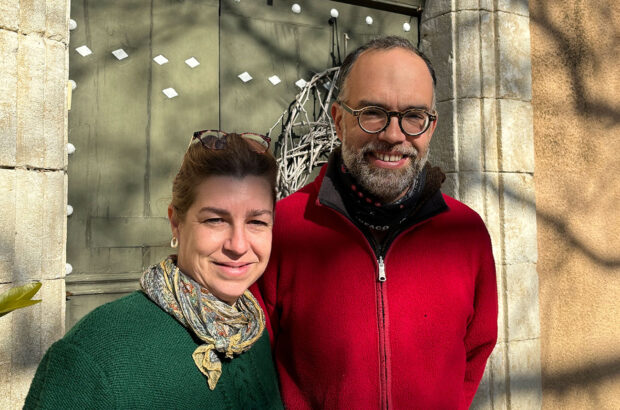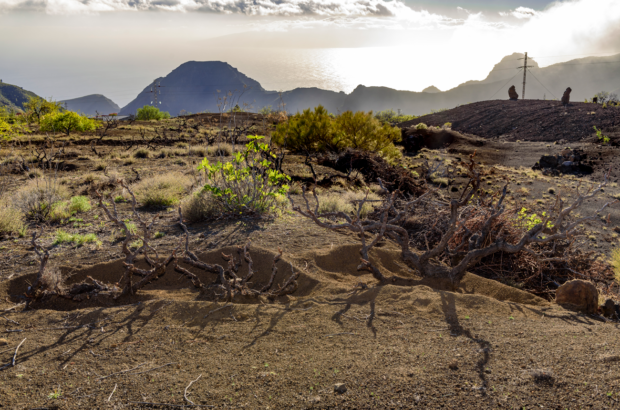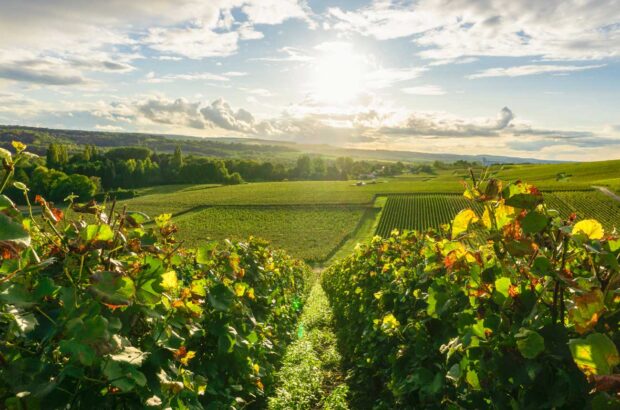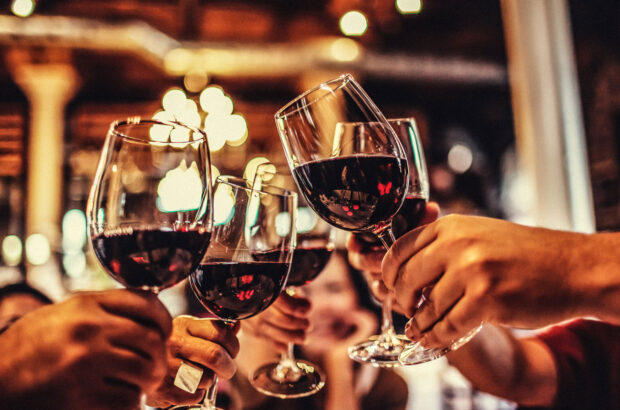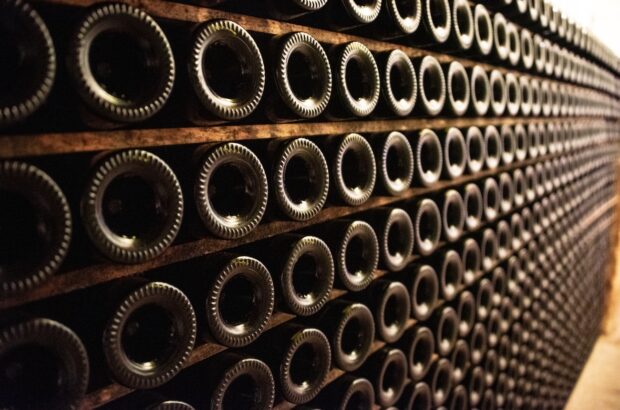Made from hybrid vines, they are produced under the Vin de France labelling rules.
Similarly, in Spain, after three decades of research, Bodegas Torres will shortly begin sales of their new ‘ancestral’ wines.
Hybrid vs ancestral
Although reasons for planting hybrid or ancestral vines are similar, the two have very different backgrounds. Hybrids are traditional European vitis vinifera vines crossed with other breeds, while ancestral varieties are ancient vine types that fell into disuse.
For both, advantages include their ability to better withstand heat, drought and disease. The last means few to zero mildew treatments are required.
They also tend to ripen either later or earlier than the norm, and avoid the issues of sugar levels rising out of sync with overall phenolic ripeness and overly high alcohol levels.
At the hybrid end, Bordeaux’s Vignobles Ducourt is now selling commercial levels of red and white Metissage. The red is a Cabernet-Jura and the white a Cal604 or Sauvignac – a cross between Sauvignon, Riesling and wild vines. Both have a 12.5% alcohol level.
Following limited distributions to existing customers Ducourt’s sales and marketing manager, Jonathan Ducourt, said they are now looking at producing 25,000 bottles of red and 12,000 of white.
Another Bordeaux convert is the Tutiac Co-operative. Their wine should be ready the year after next and hybrids already planted include Cal 6-04, Sauvignier Gris, Muscaris, Merlot Khorus, Cal 1-28, Cabernet Jura, VB 91-26-26, Divico, Cal 1-15 and Cabernet Eidos, said Tutiac’s head of R&D and agricultural engineer, Arnaud Duprat.
‘Our aim is to reduce pesticide treatments and adapt to the climatic conditions of tomorrow,’ Duprat said.
‘Producers are already seeing the advantages. They only need spraying once or twice a year, instead of seven or eight times. That saves time, fuel and the treatment cost.’
Further south, in Béziers, south-east France, the La Colombette estate, run by Vincent Pugibet and family, is producing about 600,000 bottles of hybrid wines, sold mainly in Germany, the UK and US.
These include Domaine La Colombette (an 11.5% Souvignier Gris, Muscaris white blend), Infamous Gold (an 11.5% Cabernet Blanc white) and Scandalous One (a 12.5% Cabernet Noir).
‘In the last 10 years we have never treated those vines, not once. Not with sulphur, which is a by-product of the petrol industry, nor copper, which is a heavy metal, nor any other pesticide,’ Pugibet said.
In Spain, Bodegas Torres has been a leader in ancestral vine research.
As well as finding vines that are better adapted to drier, hotter conditions, general manager, Miguel Torres Maczassek, said ‘bringing back ancestral varieties is an exercise of “viticultural archaeology.”‘
Of the more than 50 vines collected and tested over the last 30 years, Moneu and Forcada, will be released later this year and next, in restaurants and speciality shops.



